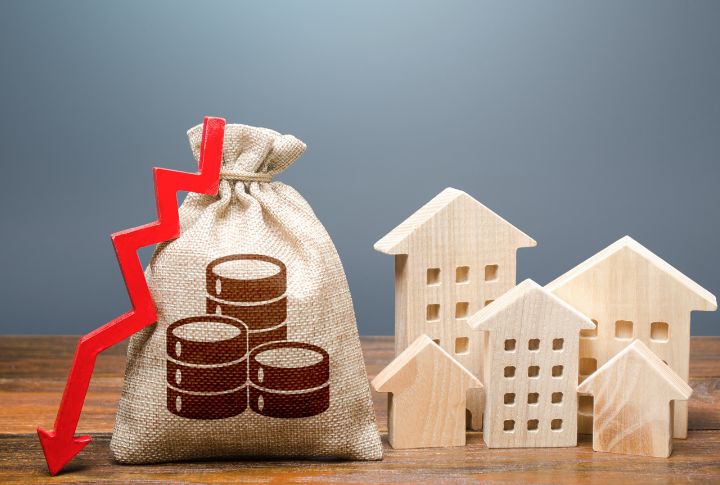
Economic downturns can shake up the housing market, which, in turn, makes many people wonder about mortgage rates. As we explore the relationship between recessions and home loans, you’ll gain insights to help navigate these choppy financial waters. Here’s an insight into how economic recession might affect your home-buying journey and what it means for your wallet.
Recession’s Impact on Mortgage Rates

During a recession, the Federal Reserve often cuts interest rates to boost the economy. This move typically leads to lower mortgage rates, which make home loans more affordable. However, it’s not a guarantee. Banks might tighten lending standards, balancing out the potential savings. Keep in mind that each recession is unique, and various factors influence how much rates might drop.
The Housing Market in a Downturn

Recessions can cool off a hot housing market. With job uncertainty and tighter budgets, fewer people buy homes, potentially leading to price drops. This can create opportunities for those still in the market. But remember, lower demand doesn’t always mean bargain prices. Even in a slumping economy, housing prices may hold steady or rise if supply is low.
Buying vs. Waiting it Out

Deciding whether to buy during a recession is more complex than people make it seem. Although, the lower rates and potentially reduced home prices can make it an attractive time to purchase. But job security and your financial health should be top priorities. Buying could be smart if you’re stable and only do it when you land a good deal. Just be prepared for possible short-term market fluctuations as the economy recovers.
Long-term Rate Outlook

Recessions may lead to temporary rate drops, but these are often short-lived. As the economy recovers, rates generally rise again. Purchasing when the rates are low can result in substantial savings over your loan’s life. However, don’t always count on rates plunging with every economic downturn. Each recession impacts the market differently, so staying informed about current trends is crucial.
Preparing for Rate Fluctuations

Whether rates rise or fall, you should always be prepared financially. Here is how you do that: save for a larger deposit, boost your credit score, and get your finances in order. This way, you’ll be ready to act when the right opportunity comes. Additionally, consider getting pre-approved for a mortgage so you can move quickly if you find a great deal during uncertain times.
Inflation’s Impact on Recession-Era Mortgage Rates
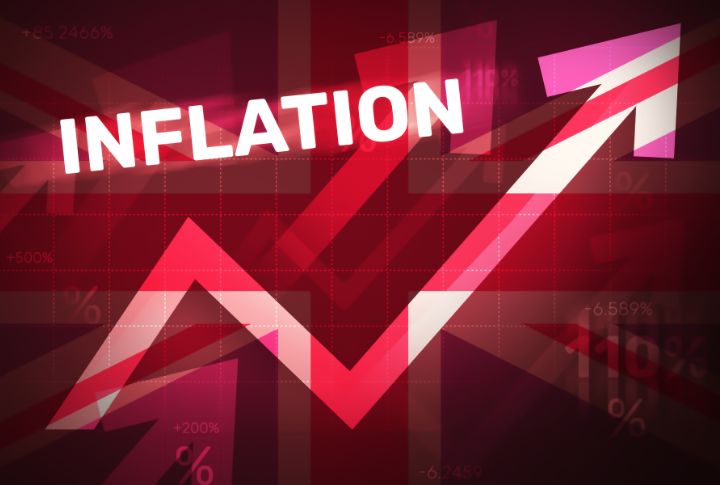
Data shows inflation and mortgage rates typically correlate. In the 2008 recession, as inflation dropped from 5.6% to 0.1%, 30-year fixed mortgage rates fell from 6.48% to 5.14%. However, in 2022, despite recession fears, high inflation kept mortgage rates elevated. The Fed’s inflation target is 2%; rates may only drop significantly once inflation approaches this goal.
Government Intervention and Mortgage
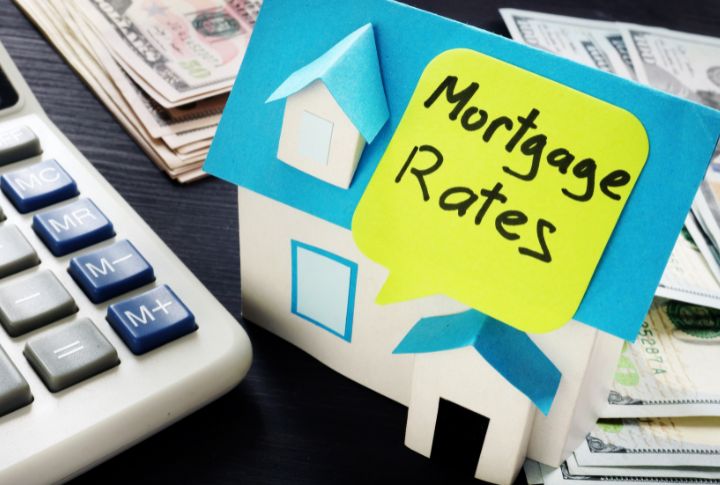
Market recessions often trigger government action to stabilize housing markets. This can include measures like or policies to encourage lending. While these efforts aim to keep the market afloat, they can have mixed effects on rates. Some interventions might make mortgages more accessible, while others could indirectly increase rates. Stay informed about policy changes to understand how they might affect your home-buying plans.
Regional Differences in Recession Impact

If you must know, not all housing markets respond to recessions similarly. Some areas might see dramatic price drops and rate changes, while others remain relatively stable. Factors like local job markets, population trends, and housing supply play crucial roles. If you’re flexible about location, research how different regions fared in past downturns and see if you could spot potential opportunities or avoid riskier markets during uncertain times.
Fixed vs. Adjustable-Rate Mortgages in Recessions
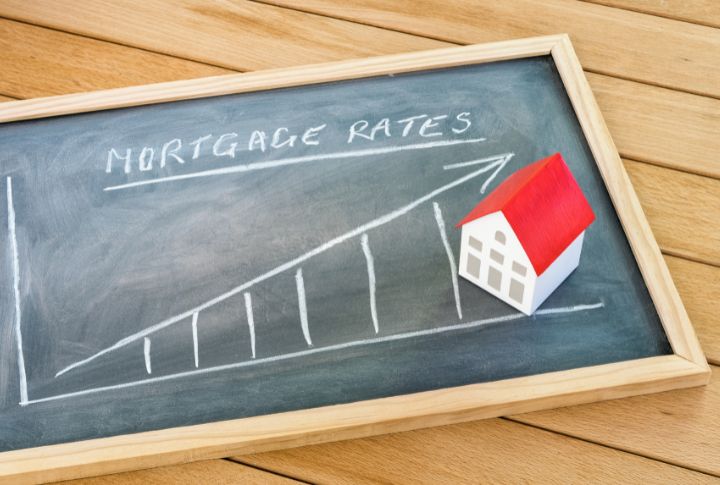
The type of mortgage you choose becomes especially important during economic uncertainty. Fixed-rate loans offer stability and help lock in low rates if you buy during a dip. Adjustable-rate mortgages might start lower but could increase if the economy rebounds. However, your risk tolerance and how long you plan to stay in the home should guide your decision. Think about how each option will affect your long-term financial goals.
Building Equity in a Volatile Market
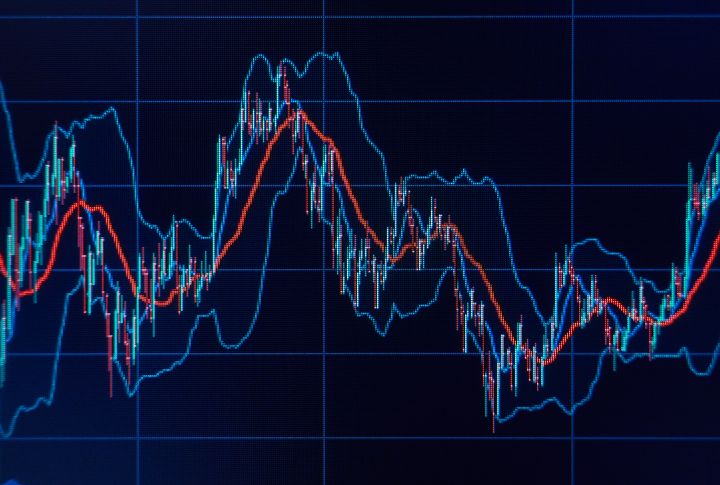
Buying during a recession can be a path to building equity faster if home values rebound. Nevertheless, it’s not without risks. If you buy and prices continue to fall, you could end up underwater on your mortgage. Focus on properties you can comfortably afford long-term rather than trying to time the market perfectly. Remember, a home is both an investment and a place to live.

Comments
Loading…